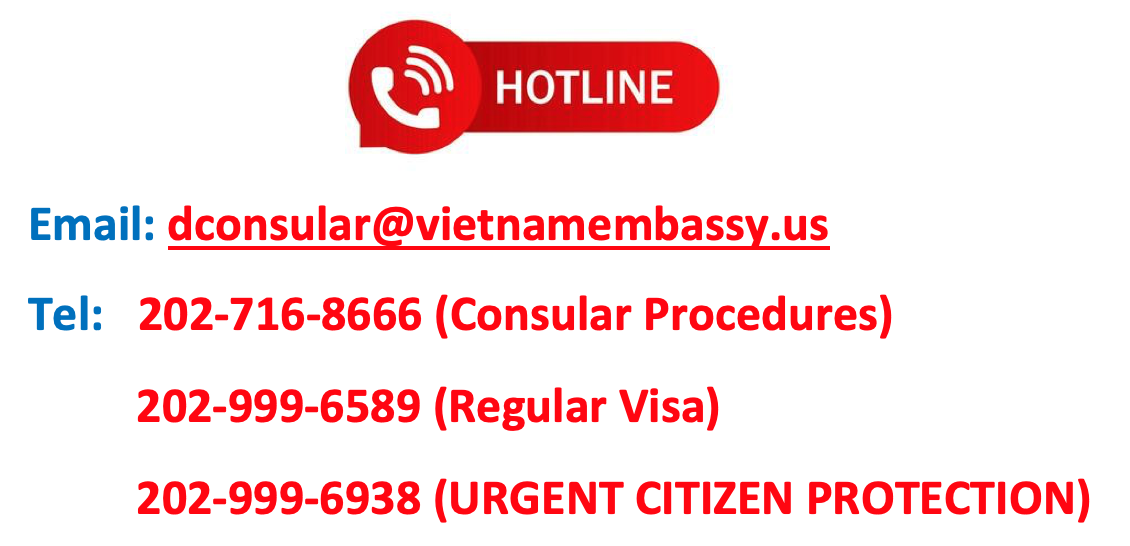Vietnam must turn to transparency to tackle graft; PM
Vietnam needs to resort to transparency and openness to fight against corruption, which still remains a constant problem, the prime minister said at a meeting with international donors April 8 in Hanoi.
Vietnam is working on formulating an anti-corruption law, PM Phan Van Khai said in the 100th session of the United Nations Development Program’s (UNDP) Monthly Donor Group Forum.
The Monthly Donor Group Forum is a regular meeting hosted by the UNDP since 1995 that brings together Vietnam’s international donors with high-level government officials to discuss development policy issues.
“We have learnt from anti-graft campaigns in other countries. We realize that such a task depends on the socioeconomic situation of each country, and should be fulfilled by different steps,” Mr. Khai said when pressed by donors over the country’s anti-graft plans.
“The problem is how to build a system that prevents government officials from being corrupt even when they want to be. This requires transparency and openness of the country’s government apparatus and legal system,” he added.
PM Khai said corruption was a “very pressing problem” that the Vietnamese people needed the government to tackle during the country’s development.
“Still, we do not have efficient measures to beat misspending and practice thrift…and we have to solve this problem thoroughly,” he admitted.
No political barrier over WTO entry
Meanwhile, the PM added that there were no political obstructions over the country’s bid to join the World Trade Organization by late this year.
About 10 years ago, when Vietnam filed an application for WTO membership, political impediments over the issue did exist, Mr. Khai said when asked by Susan Adam, representative of the International Monetary Fund, if there were political barriers that prevented the country’s efforts to join the WTO.
“But after we signed the Bilateral Trade Agreement with the U.S., things changed completely,” he said.
PM Khai said everybody had seen the benefit of soaring Vietnamese exports to the U.S. and of investment from American businesses into the country.
“A political consensus has been reached by both the government and society over Vietnam’s admission to the WTO by the end of this year,” he said.
What’s left to be done is to determine how the country will open up its market, and how negotiations over terms and conditions of the move will be conducted, Mr. Khai said.
Self-reliance
Jordan Ryan, UNDP resident representative in Vietnam, also confirmed that the country’s healthy economic growth was the result of its own efforts.
The situation in Vietnam reflects the fact that international aids do not shape a country’s development, Mr. Ryan said.
He said all parameters of the country’s economic reforms had been taken long before large-scale aid started to flow into Vietnam.
The Vietnamese government has been successful in stabilizing the country’s macro-economy, carrying out land reforms and transforming the economy from a centrally-planned model to a market model with little support or consultation from the outside, added Mr. Ryan.
Reported by Hoang Ly – Translated by Hieu Trung
Story from Thanh Nien News
Published: 08 April, 2005, 23:04:13 (GMT+7)
Copyright Thanh Nien News



